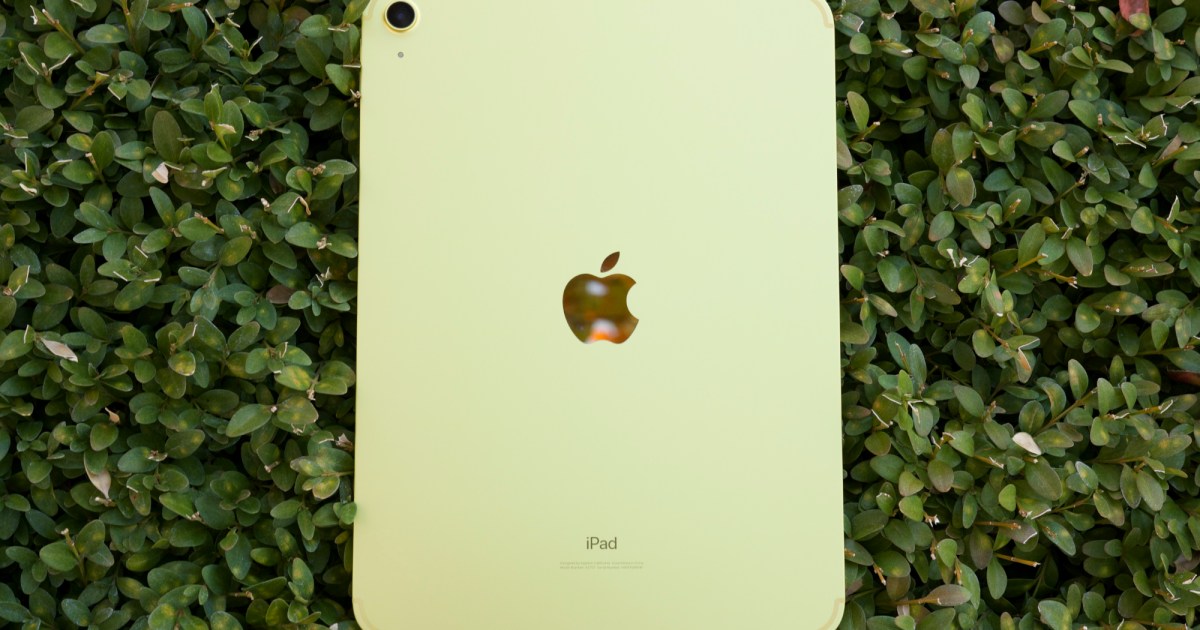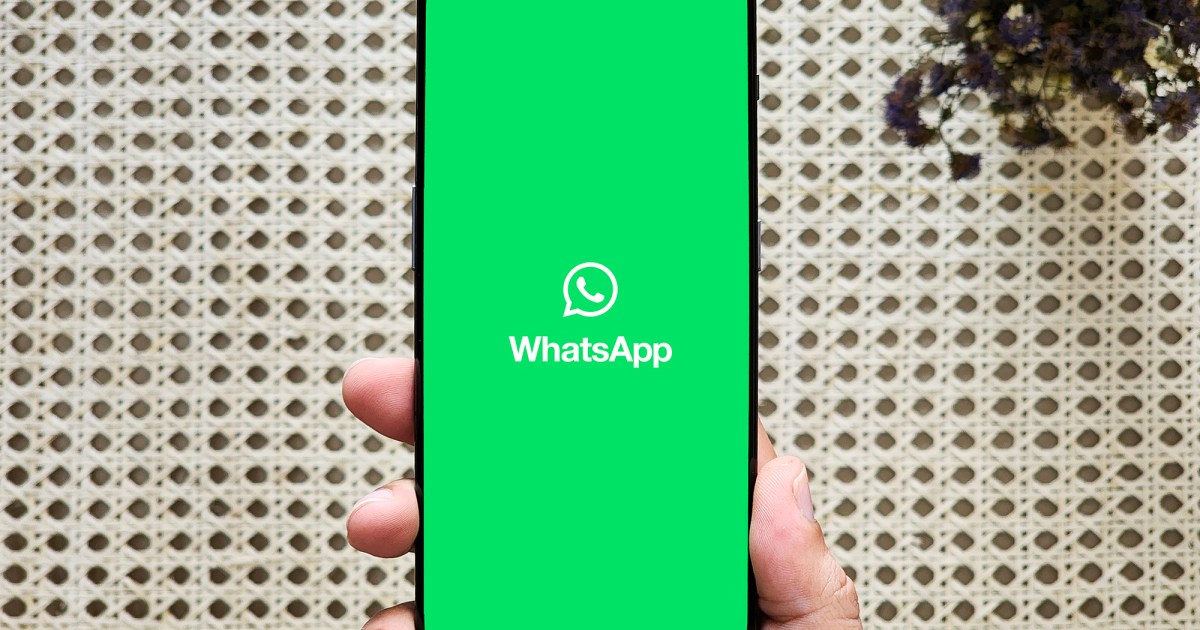
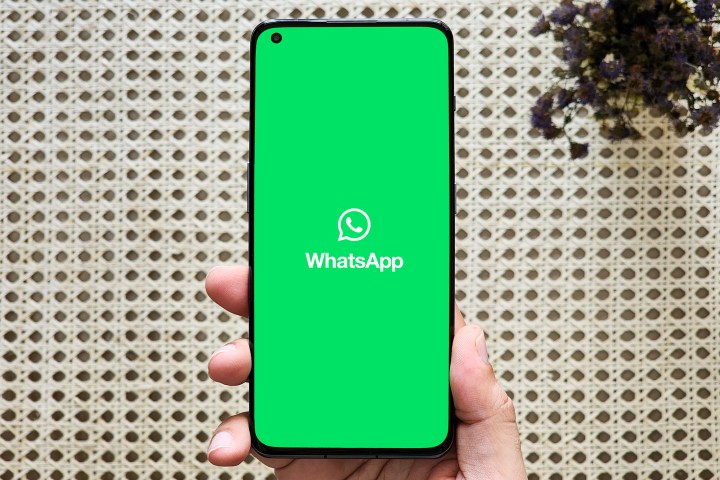
For the perfect a part of the final decade, WhatsApp has been my major means to remain in contact with buddies, household, friends at work, and even strangers. Texting just isn’t as prevalent in my nation, India, as it’s within the U.S. for causes such because the sheer dominance of Android customers (in addition to the diminutive share of iOS, and due to this fact, iMessage customers), capped provider prices for SMS-based messaging, and the poor understanding of RCS.
WhatsApp, then again, is extra extensively used right here than some other communication medium, primarily as a result of it’s free and permits the alternate of a mess of varieties of media with out being restricted by nationwide borders. Individuals of all ages use and like it — and so they collectively ship sufficient messages to clog up the web.
WhatsApp’s utilities are among the many endowments of know-how, particularly for creating international locations, that one can by no means be sufficiently grateful for. Most significantly, WhatsApp is safe and helps end-to-end message encryption.
Do not Miss
Nonetheless, adjustments to the platform lately have made it insufferable to make use of.
Limitless spam

WhatsApp has turn out to be a dumpster of enterprise spam, primarily backed by Meta’s proactive steps to make it a worthwhile platform. Since its starting, WhatsApp has lacked a common income mannequin. Whereas its founders initially toyed with paid downloads at $1 and annual subscriptions (once more $1) beginning with the second 12 months of use, these have been solely selectively carried out on particular working programs — primarily iOS — and primarily restricted to areas the place it wouldn’t repulse customers at a time when smartphones have been nonetheless a brand new concept. In consequence, WhatsApp has nearly all the time operated with a loss, however nonetheless managed to rake in thousands and thousands of {dollars} in funding earlier than being acquired by Meta (Fb on the time) for a whopping $19 billion (together with $3 billion in inventory choices to founders) in 2014.
The only cause for Meta’s huge curiosity within the app has been due to its astronomical variety of customers. WhatsApp is presently anticipated to have roughly 3 billion lively customers globally. Even on the time Meta introduced the acquisition, WhatsApp already had 500 million customers and added 1 million new ones day by day. This enticed Meta CEO and Fb co-founder Mark Zuckerberg and aligned together with his precept of gaining customers first and determining income streams later. Experiences additionally present that the variety of messages despatched over WhatsApp simply overshadowed Fb Messenger’s figures. The numbers ignited Meta’s want to personal WhatsApp.
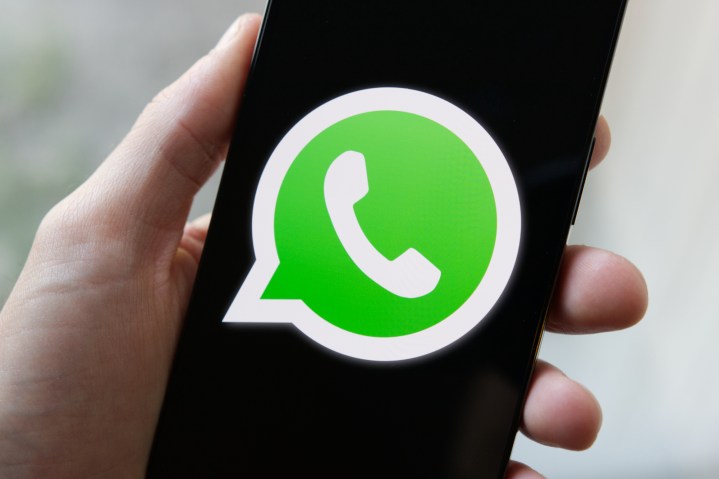
Since Meta’s acquisition, Zuckerberg has reportedly been obsessive about displaying adverts on the platform, as promoting is Meta’s greatest major supply of revenue. This was one thing that WhatsApp co-founders have been vehemently towards. This led to disagreements, and the co-founders finally left WhatsApp in 2018. Since then, Meta’s efforts have been extra persistent, and its major focus has been incomes by way of companies.
WhatsApp has a separate app for enterprise customers — referred to as WhatsApp Enterprise — that enables them to arrange storefronts, present their product catalogs, arrange automated responses, and obtain orders and funds proper throughout the app. The app is free for small companies, which may use the app to work together with clients manually. I consider it is a nice initiative, besides it permits massive companies to take advantage of the platform.
WhatsApp permits massive companies to combine the Enterprise chat platform with inner buyer relationship administration (CRM) instruments. This permits them to message clients, ship order updates, or supply buyer assist by way of this handy and extensively used platform. WhatsApp costs companies every day with costs as little as $0.01 per 24 hours, making it a less expensive mode of communication than emails or SMS-based updates.
WhatsApp is the popular communication medium for billions of customers, so the concept feels proper on paper, no less than for companies. Nonetheless, it provides customers no choice to filter out spam from helpful messages, leading to a bewildering move of spam.
So, from a person’s perspective, WhatsApp Enterprise instruments are actually only a technique to invade an area beforehand restricted to non-public conversations. It’s like sitting at a restaurant to speak with a buddy or a liked one and consistently being interrupted by salespeople. Much more problematic than harrowing and haphazard spamming is the truth that WhatsApp permits companies to pursue potential clients by way of focused messaging.
Advertisements and fixed monitoring from Meta
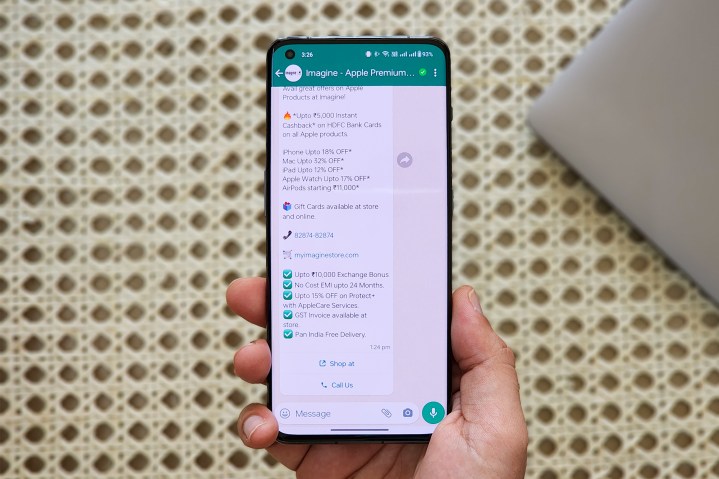
Having promoting as Meta’s major income supply conflicts with WhatsApp’s no-ads coverage. Whereas it doesn’t actively show banner adverts on WhatsApp but (though a current Monetary Instances report suggests that would change), it permits companies to observe your trails again to WhatsApp. The most typical kind is permitting companies to make use of “Proceed on WhatsApp” as a call-to-action (CTA) button on Fb and Instagram adverts. The concept is to allow companies to supply customized messaging and passable responses on WhatsApp, growing their possibilities of closing the sale and changing you from a possible buyer to an precise purchaser.
Nonetheless, while you agree to speak to a enterprise on WhatsApp, you additionally comply with it messaging you sooner or later. When you comply with work together with a enterprise, there is no such thing as a method of stopping these messages. The one choice is to dam the sender totally, which implies you can’t obtain any message from them, together with the helpful ones.
Even when a enterprise doesn’t purchase your contact particulars from WhatsApp, spamming you could be a easy affair. The one actual hurdle to reaching you on WhatsApp is gaining access to your cell quantity. Whereas the unlawful sale of cell numbers (amongst different types of person information) is widespread, many manufacturers even ask to your telephone numbers when you’re making a purchase order or inserting an order. Usually, companies don’t actively search your permission to ship promotional messaging over WhatsApp — until explicitly necessitated by regulation — and use blanket phrases and situations to broadcast messages.
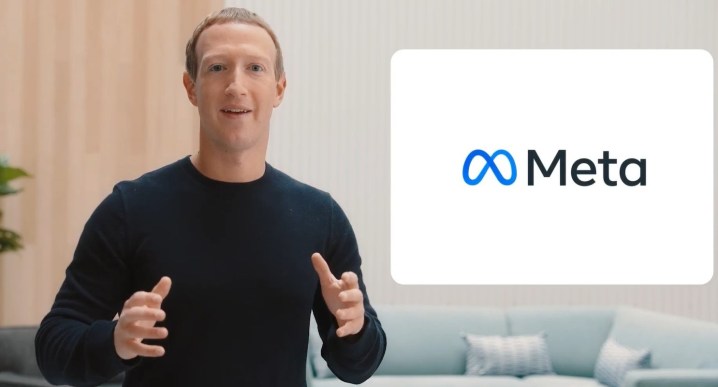
Since there is no such thing as a clear technique to distinguish between helpful data and spam, promotional messaging has mainly sprouted right into a scheme of by some means sourcing your contact quantity after which spamming you with promotional and advertising and marketing messages, even in case you have by no means interacted with a enterprise earlier than.
Even the converse results in companies bombarding you with focused commercials. In case you work together with a enterprise first on WhatsApp, Meta’s framework permits it to share your personal data, together with your telephone quantity, with different apps and providers it owns. This will not be restricted to providers similar to Instagram or Fb and may lengthen to the practically 100 platforms owned by Meta. With Meta’s Pixel trackers actively utilized by advertisers worldwide, it doesn’t take lengthy earlier than adverts related to your current dialog with a enterprise begin cropping up on each ad-supported internet platform you go to. This additional contributes to Meta’s repute for “all the time listening” and snooping on you.
Meta’s coverage of sharing information about your WhatsApp interactions with companies has existed since 2016. Nevertheless it sparked an argument in 2021 when WhatsApp requested customers to comply with its up to date privateness coverage, with the failure to take action leading to an eventual suspension of your WhatsApp account. This incited uproar from privateness lovers and led many customers emigrate from WhatsApp and flock to competitor apps similar to Telegram and Sign.
With a limitless bombardment of promotional messaging, WhatsApp now feels just like the classifieds as an alternative of a messaging app.
WhatsApp has a duty right here as a facilitator of communication between customers and companies. It should have created an opt-out mechanism permitting customers to forestall their cell numbers from being shared with companies. At current, WhatsApp solely offers the providers, however withdraws itself from the implications, particularly in relation to the customers’ privateness.
Since private information is so extensively obtainable, it’s a firm’s duty to handle it rigorously and chorus from sharing it with different manufacturers or companies it owns — not to mention sharing it with different third-party companies. WhatsApp additionally takes no duty for the way these third events deal with your information. Subsequently, if a enterprise chooses to share or promote your information to different corporations, WhatsApp ensures no safety.
On the finish of the day, it’s about ethics, and WhatsApp Enterprise permits unhealthy actors to harness and exploit your information — in a extra harmful trend than Fb did with the Cambridge Analytica fiasco.
A cluttered person expertise
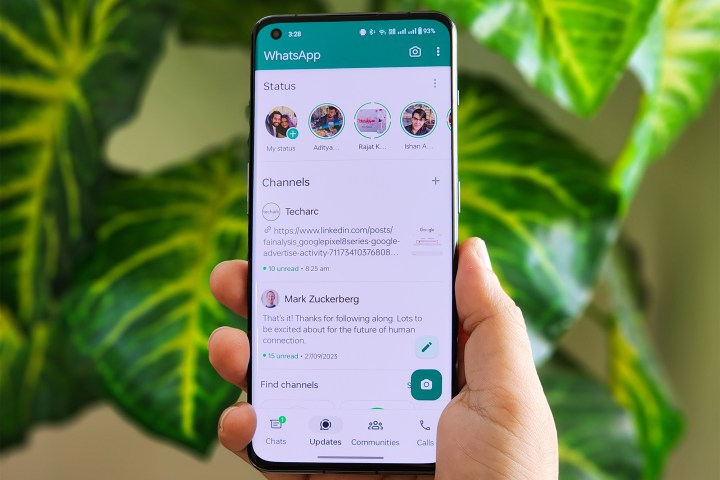
WhatsApp’s authentic utility was to permit individuals to share small standing updates with their contacts. However inside a couple of months of its launch, WhatsApp’s creator, Jan Koum, realized its potential as a messaging service when the preliminary crop of customers began utilizing the app to ship messages to their buddies by way of standing updates. WhatsApp transitioned to a messaging app with this addition — and remained so with out many vital identification adjustments till Meta’s acquisition.
Nonetheless, over time of its existence as a Meta product, WhatsApp has added many options in an try to transcend a standard messaging app and turn out to be an all-encompassing communications app that treads within the footsteps of social media platforms like Fb. Apart from messaging and calling, its present options embody Snapchat-like tales, message broadcasts, Channels, and Communities. These options, though helpful in sharing updates with a broader viewers than easy teams, take away from the very essence of WhatsApp’s origins as a easy and easy-to-use direct messenger.
Moreover including new options with fewer takers than direct messaging and calling, Meta additionally insists on making them extra immediately obvious — by way of devoted icons in WhatsApp’s navigation bar. In the meantime, extra helpful options, like the choice to hyperlink further gadgets or allow or disable chat backup and encryption, are nested underneath menus, a few of which require a number of steps to succeed in.
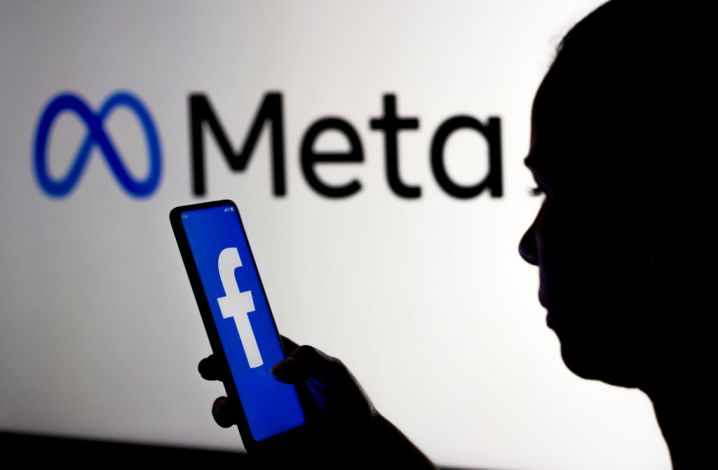
This demonstrates a elementary design drawback that persists on different Meta app,s however usually will get sidelined by information across the firm’s disregard for privateness. Different main providers from Meta, particularly Fb, are plagued with poor design selections geared toward growing content material visibility (with the prime intent to show extra promoting) whereas impairing person expertise. Moreover specializing in visibility for ad-laced content material, Meta has additionally diligently added options impressed by opponents — borrowing ideas similar to Tales and Digital camera Filters from Snapchat, Reels from TikTok, or Threads from Twitter, to call the obvious ones.
The Updates tab in WhatsApp is devoted to Standing updates from contacts, in addition to Channel broadcasts from influencers you (may) observe. Moreover itemizing the Channels you observe and suggesting those you may be inquisitive about following (seemingly primarily based on their reputation in your area or nation), the web page additionally exhibits the contents of the final messages from every of your subscribed Channels, rendering the Updates tab with a cluttered look. Channels take up an unwarranted quantity of area, however extra importantly, they don’t really feel like they belong in a messaging app constructed on the ethos of “No Advertisements! No Video games! No Gimmicks!”
Complicated and pointless options

Not solely do WhatsApp’s options really feel extreme and fewer than helpful, however they will also be complicated in nature. In November 2022, WhatsApp introduced Communities to arrange group chats. You probably have a number of WhatsApp teams (or are the equal of an area consultant in your group), this characteristic permits you to handle all of these teams in a single place. But when WhatsApp already has teams, what are Communities for, you could ask! Communities can accommodate as much as 5,000 customers — about 5 instances what a bunch holds. Secondly, members of the identical Neighborhood could not essentially be a part of all of the teams. Lastly, it provides group admins intensive management over learn how to handle a number of teams from a single place. In observe, Communities could be in comparison with a Slack or Discord server with a number of channels inside it.
Whereas Communities could sound like a priceless device for group admins (leaders), it doesn’t have a major utility for an finish person. In case you’re not a part of a Neighborhood, the devoted area in WhatsApp is basically wasted. Maybe a greater implementation could be integrating all teams a person is a part of right into a single web page as an alternative of reserving it for particular Communities.
Comparable is the case with Channels on WhatsApp, which permit customers to broadcast their views to a big pool of followers. Like Communities are to WhatsApp teams, Channels are the evolution of the published characteristic, and can be utilized to ship the identical message to a most of 256 contacts with out revealing particulars about different recipients. Channels are broadcast on a humongous scale and can be utilized for one-side updates and messages to thousands and thousands of customers concurrently. WhatsApp additionally permits customers to find new channels and subscribe to them. The choice to ship messages is reserved with the Channel’s admin, whereas customers can solely react to messages utilizing emojis or take part in polls whereas remaining nameless.

As one would count on, Channels are primarily utilized by celebrities, politicians, and influencers to share updates with their followers. Apparently, many of those channel profiles are additionally verified with a inexperienced test mark indicating their notability. With unidirectional updates and restricted utility for customers, Channels really feel higher suited to social media platforms similar to Instagram and Fb.
Whereas WhatsApp Channels are separate from Instagram’s Broadcast Channels, it seems to be an early step towards Zuckerberg’s imaginative and prescient to combine WhatsApp, Instagram, and Fb Messenger right into a unified messaging platform. WhatsApp additionally permits companies to create Channels, opening up one other route for unsolicited promotional messages and commercials disguised as essential bulletins.
Mix all of that with WhatsApp additionally attempting (and failing) to show the app right into a fee platform, and it doesn’t take lengthy to see how a lot cruft is rapidly ruining the “messaging” app.
Buying and selling customers’ belief and privateness
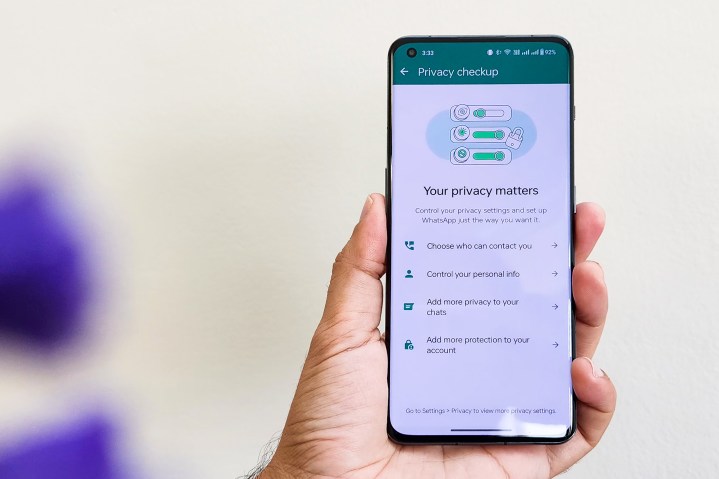
WhatsApp is now not the easy messaging app it was as soon as envisioned to be. Within the final 14 years of its presence — nearly all of which has elapsed underneath Meta’s management — WhatsApp has gained a number of helpful options, but in addition a couple of that make little sense for an prompt messenger. This branching out into utilities past messaging is supposed to capitalize on the mixed wealth of practically 3 billion customers.
Since its acquisition, Meta has explored monetization avenues for the app that’s in any other case free. For a corporation that earns primarily from promoting, it was unlikely to keep away from adverts for too lengthy, however Meta’s prioritization of capital good points over privateness has opened the floodgates of undesirable spam infiltrating a beforehand priceless platform. At the side of these practices, Meta’s personal sturdy push to ascertain WhatsApp as a system for enterprise as an alternative of significant conversations has robbed it of its simplicity and preliminary identification.
Messaging apps similar to Line, Kik, and Viber, which added extreme bells and whistles to retain customers, have solely dwindled within the meantime. The one app that has survived superfluous additions is WeChat, despite the fact that its major person base stays restricted to the borders of China. WhatsApp’s gargantuan person base acts as a security web and binds individuals like me to the platform out of worry of falling out of contact with others who primarily use the app. Nonetheless, it doesn’t assure perpetual immunity, particularly if governments in international locations like India and Brazil push for homegrown apps in parallel to WeChat.
In conclusion, it would solely be in Meta’s favor to warning over the ever-evolving nature of know-how and to not deal with customers like mere numbers.
Editors’ Suggestions
Supply Hyperlink : Lowongan Kerja 2023

